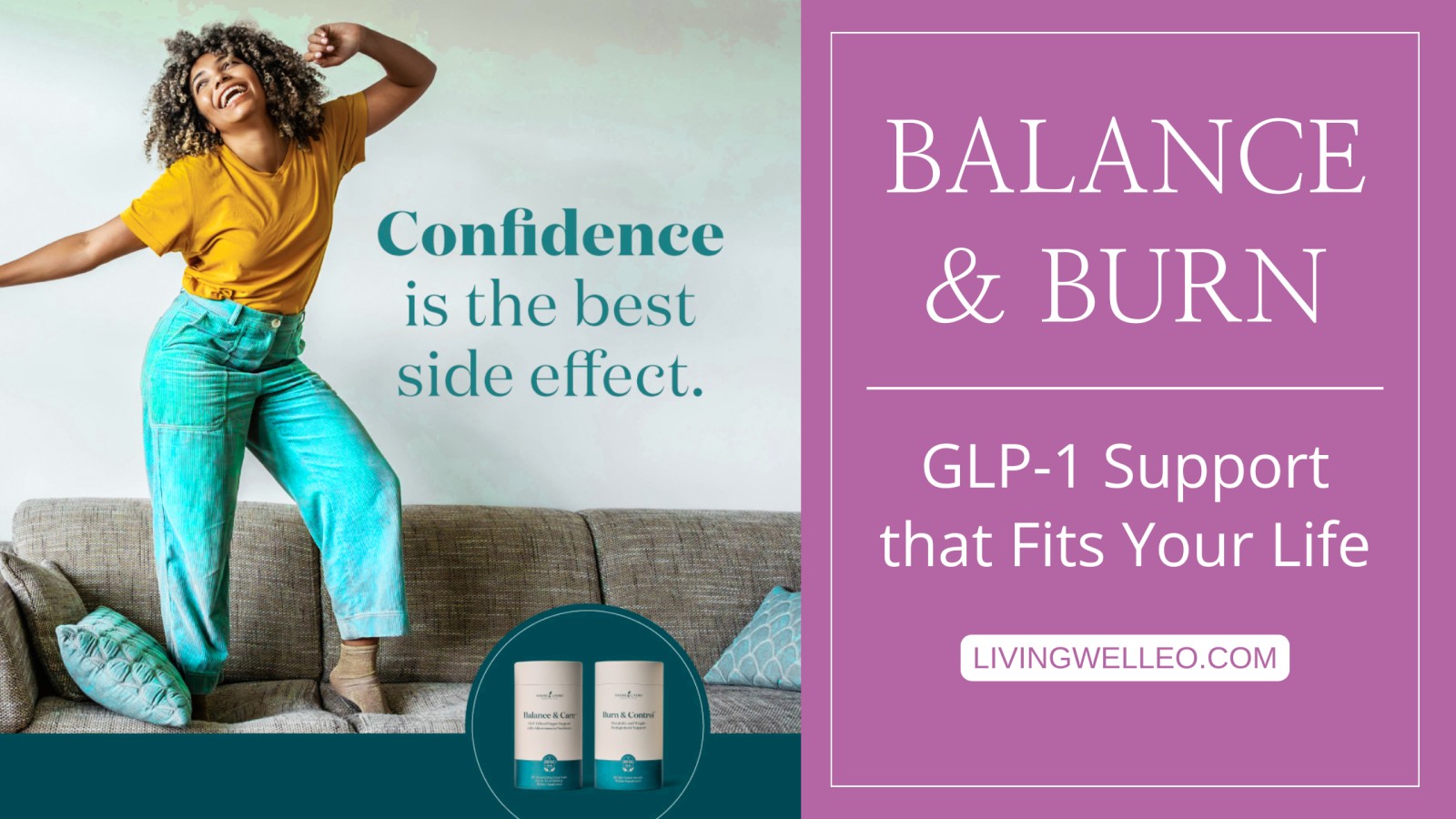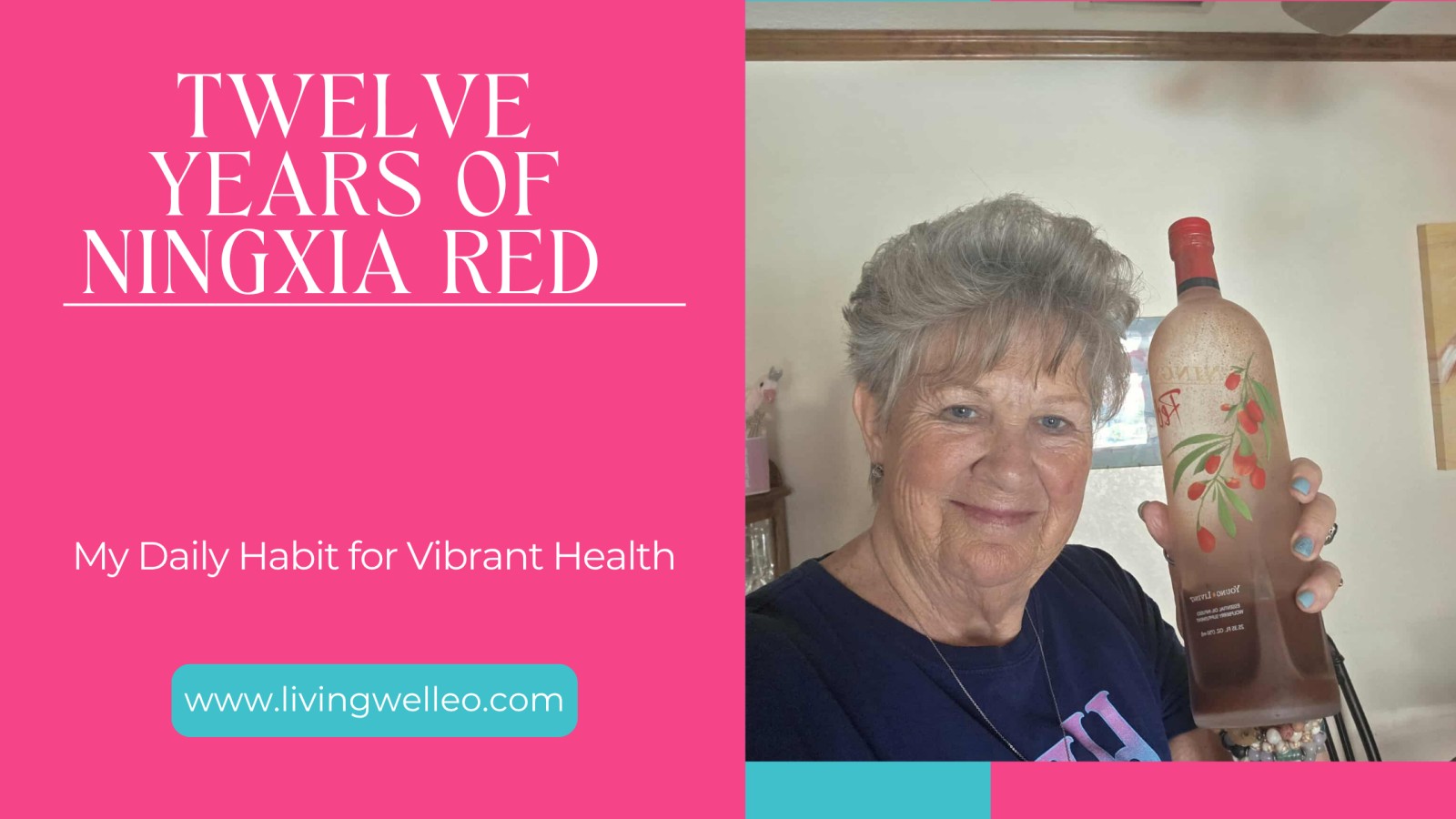 In the face of a challenging illness, I discovered a path to healing that intertwined faith and the restorative power of essential oils. Drawing from the rich history of biblical oils, I found that these sacred gifts have been used for centuries in worship, healing, and everyday life, serving as a divine provision for wellness. Through prayer and exploration, I encountered oils like Frankincense, Myrrh, and Cedarwood, which were profoundly impactful on my journey, enhancing spiritual connection, emotional grounding, and physical well-being.
In the face of a challenging illness, I discovered a path to healing that intertwined faith and the restorative power of essential oils. Drawing from the rich history of biblical oils, I found that these sacred gifts have been used for centuries in worship, healing, and everyday life, serving as a divine provision for wellness. Through prayer and exploration, I encountered oils like Frankincense, Myrrh, and Cedarwood, which were profoundly impactful on my journey, enhancing spiritual connection, emotional grounding, and physical well-being.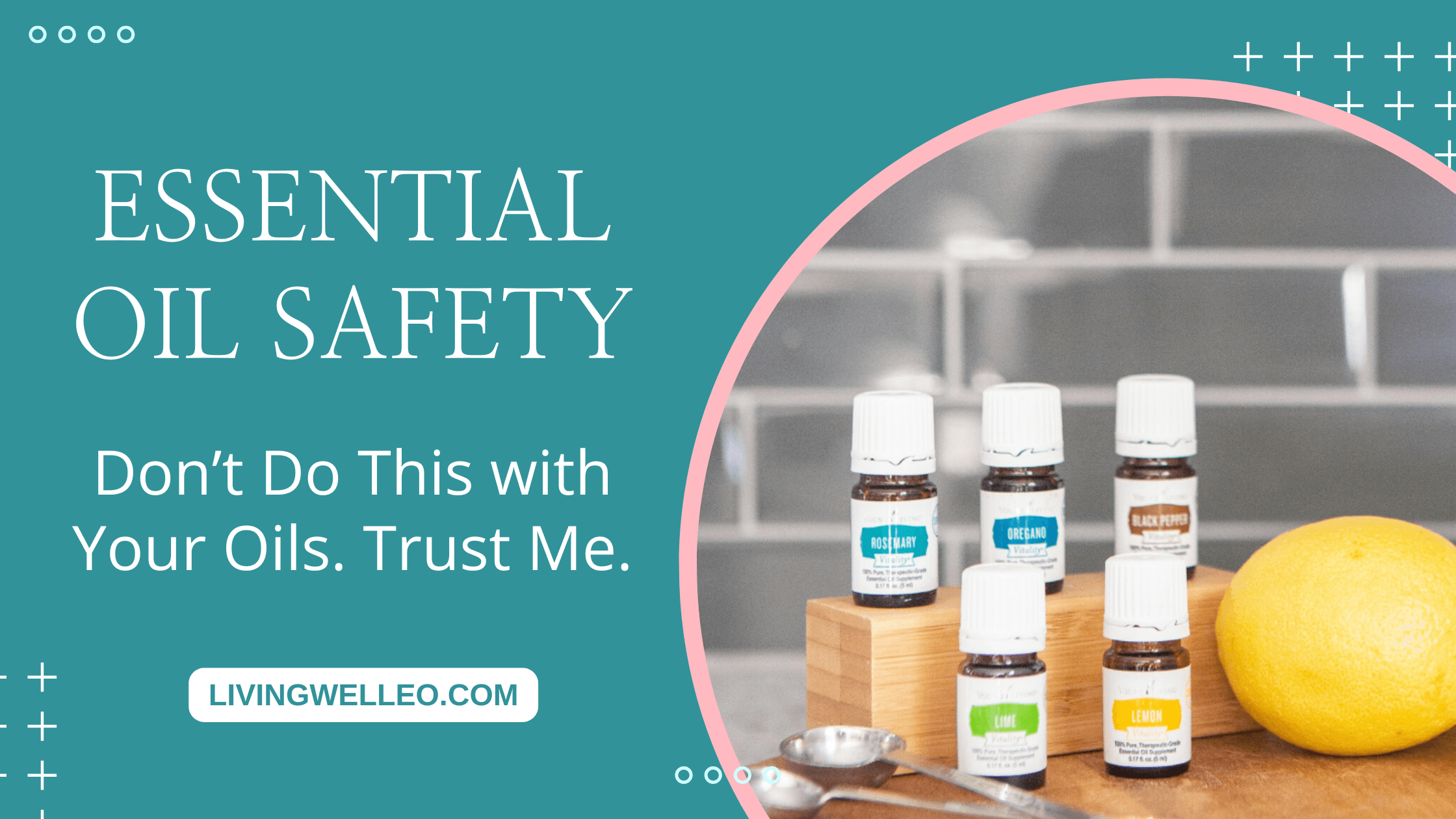 When it comes to essential oils, we love to talk about all the amazing ways they can be used for health, home, and emotional well-being. But let’s flip the script and let’s talk about what not to do with your oils. Trust me, I’ve seen (and maybe even experienced) some oily mishaps that you don’t want to repeat! I’m diving into a few key mistakes people make with essential oils, inspired by the 30 Days of Oily Hacks resource.
When it comes to essential oils, we love to talk about all the amazing ways they can be used for health, home, and emotional well-being. But let’s flip the script and let’s talk about what not to do with your oils. Trust me, I’ve seen (and maybe even experienced) some oily mishaps that you don’t want to repeat! I’m diving into a few key mistakes people make with essential oils, inspired by the 30 Days of Oily Hacks resource. 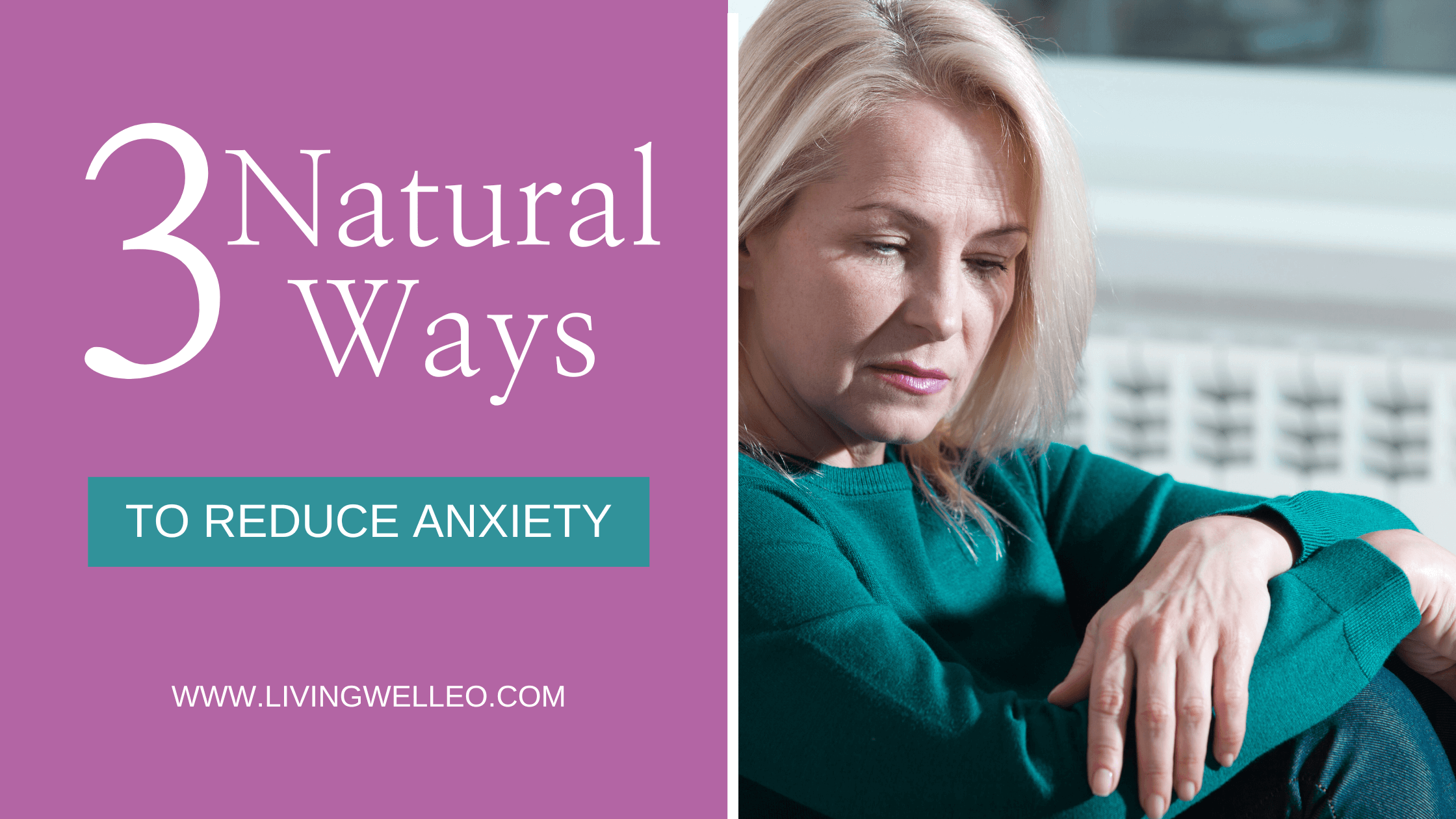 Anxiety can sneak up on us in the most unexpected moments, leaving us feeling overwhelmed, restless, or just plain exhausted. While prescription medications can help in certain situations, they’re not the only solution. Many people, myself included, are turning to natural remedies that promote calmness and relaxation without unwanted side effects. Let’s explore three tried-and-true options you can try today.
Anxiety can sneak up on us in the most unexpected moments, leaving us feeling overwhelmed, restless, or just plain exhausted. While prescription medications can help in certain situations, they’re not the only solution. Many people, myself included, are turning to natural remedies that promote calmness and relaxation without unwanted side effects. Let’s explore three tried-and-true options you can try today.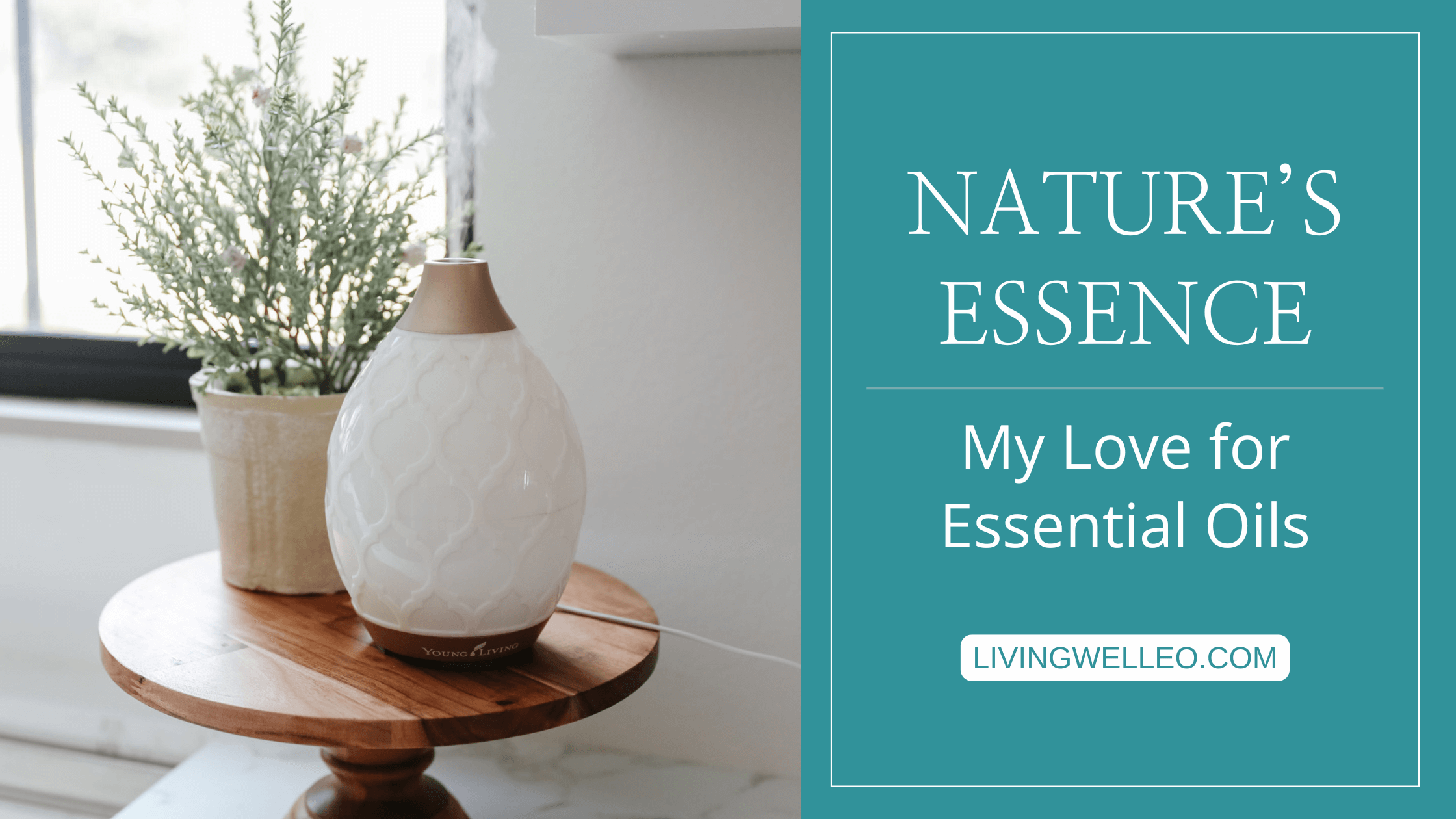 When I first began exploring natural wellness, I never expected little bottles of plant essence to become such a meaningful part of my daily life. Essential oils—what I like to call God’s gift in a bottle—have truly supported me in mind, body, and spirit. Each oil is carefully distilled from flowers, leaves, roots, bark, or fruit, carrying the very essence of the plant it comes from. And while they smell amazing, their true beauty lies in the way they can transform everyday life. One of my favorite ways to use essential oils is through aromatherapy.
When I first began exploring natural wellness, I never expected little bottles of plant essence to become such a meaningful part of my daily life. Essential oils—what I like to call God’s gift in a bottle—have truly supported me in mind, body, and spirit. Each oil is carefully distilled from flowers, leaves, roots, bark, or fruit, carrying the very essence of the plant it comes from. And while they smell amazing, their true beauty lies in the way they can transform everyday life. One of my favorite ways to use essential oils is through aromatherapy.




